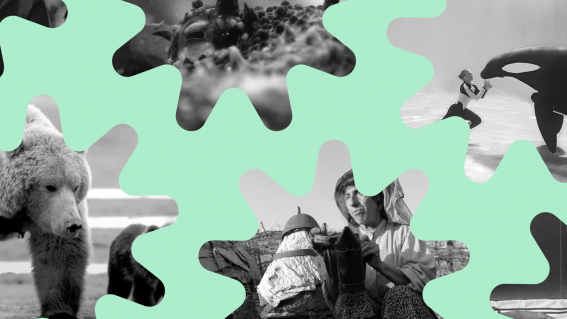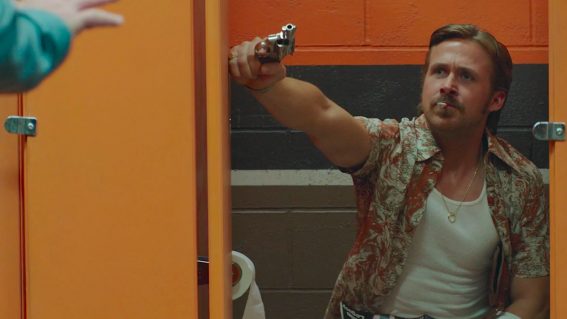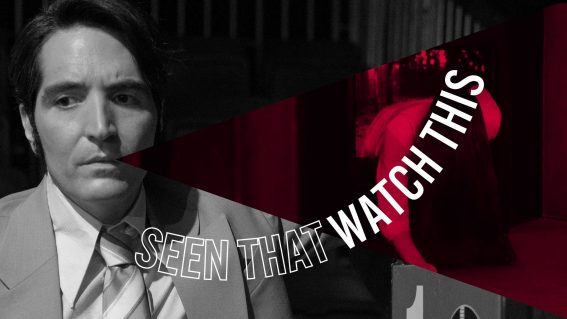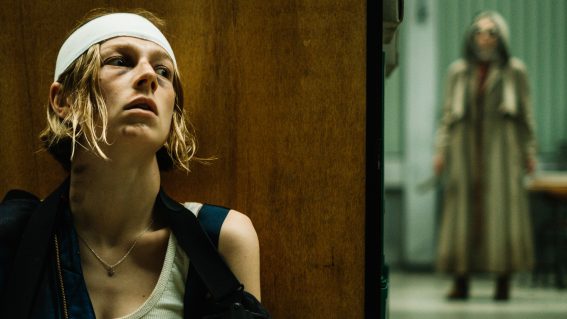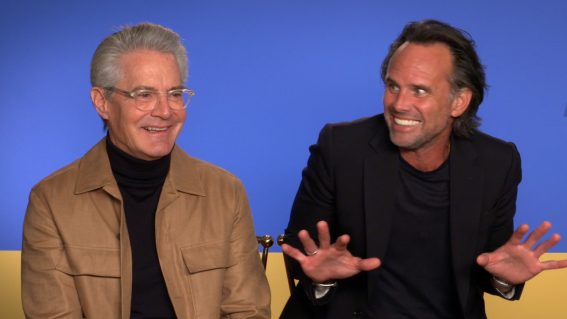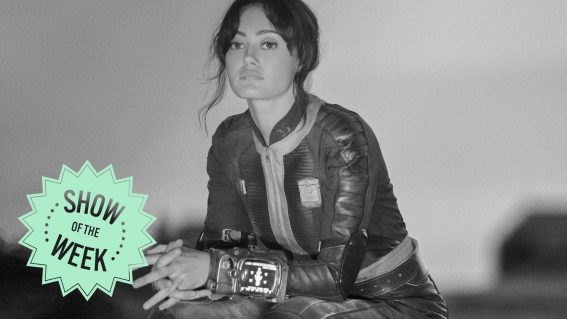Interview: ‘Kobi’ Directors Andrea Bosshard & Shane Loader
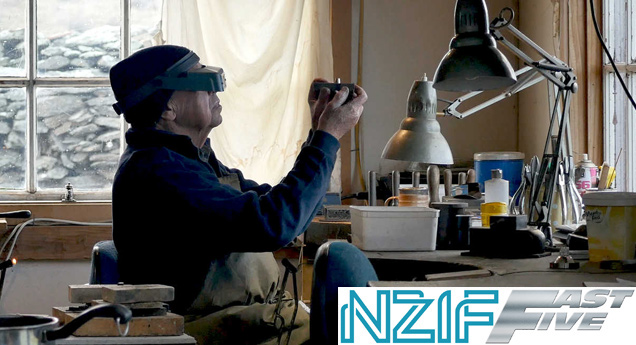
Kobi explores the life, work, and philosophy of Kobi Bosshard – the grandfather of contemporary New Zealand jewellery. We asked directors Andrea Bosshard and Shane Loader five quick questions about the film as part of our #NZIFFastFive series of Q&As.
Please summarise your film in EXACTLY ten words.
Portrait of goldsmith Kobi Bosshard, and an unhurried life well-lived.
Is it difficult to make a film about your father, Andrea? Or does the autobiographical aspect assist?
ANDREA: This isn’t the first film I have made about my father. In my early 20’s, and greatly influenced by the self-reflexive essay films of Chris Marker (Sunless and La Jetee) and Ross McElwee (Sherman’s March), I made a short Super 8 film about Kobi called Entering the Vulcan Zone. So in a way, while the scope of Kobi is much broader than that original film, the territory and the form of the story-telling was not unfamiliar as we made this film.
We have talked a lot over the years with Kobi and Patricia about the notion that one’s life is the context of one’s work; that where we come from, how we live, what we eat, what we read – the combination of the fixed and voluntary elements of our lives – from the backdrop or the canvas to all our work – whether goldsmithing or filmmaking. So making Kobi was deliberately framed by this idea as being, for us, the most truthful and authentic approach.
Difficult? Every film is a challenge and the challenges on each one are different.
What did Andrea’s relationship to the subject mean for Shane’s work on the film?
SHANE: I have been part of the Bosshard family for over 30 years so have been witness to many of the professional and personal ebbs and flows of Kobi’s life during this time, as he too has witnessed our own filmmaking struggles, failures and successes.
Kobi was comfortable and unselfconscious in front of the camera whether it was me or Andrea doing the filming. I don’t think that would have happened if a stranger had been making the film, or we had used a camera/sound crew that he did not know.
I always knew it was the close connection that Andrea has with her father as the subject, which would give this film its point of difference. I was always interested in Andrea’s perception and impression on any given event and deferred to that rather than imposing my own. I was less interested in facts and more interested in memories with all their ambiguities and poetry.
What was it like for the two of you to discover people’s connections to Kobi’s pieces?
We knew that there are over 10,000 pieces of Kobi’s jewellery out in the broader community. What really touched us though, is how much meaning and significance people have attached to that jewellery; how much it is treasured, and how the emotional attachment to both the jewellery and Kobi himself is passed on down through generations.
What was the last great film you experienced?
The two of us co-direct, so we have chosen a film each.
The Worker’s Cup – a real-life dystopian documentary about the virtual slave labour of migrant workers in Qatar building the stadium for the 2022 FIFA World Cup. It rises above the depressing reality of their lives as the filmmakers capture the most beautiful and enlightened conversations between the workers as they talk about their lives, freedom, equality and family.
Leviathan – Russian drama that bowled us over. Enough said.
‘Kobi’ plays at the NZ International Film Festival

